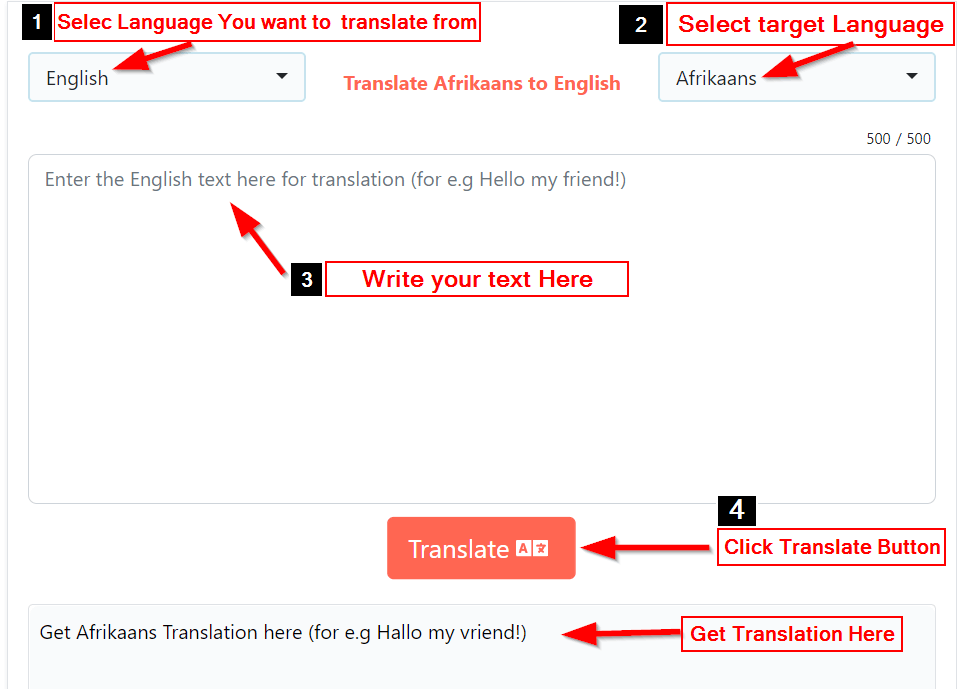About Esperanto Language
According to Wikipedia.org, Esperanto is the world's most widely spoken international language. It is created by Polish ophthalmologist L. L. Zamenhof in 1887. The language was created to be used as the universal second language for international communication. Esperanto is spoken in Europe, East Asia, and South America. As a constructed language, Esperanto holds a middle ground between "naturalistic" constructed languages. Esperanto's vocabulary, syntax, and semantics are inspired by the Standard Average European languages. The vocabulary derives from Romance languages and is similar to many Germanic languages. The most notable features of the language are the prefixes and suffixes. The language is easy to adapt roots and can generate words, to make it possible to communicate effectively with a little set of words. Esperanto is the most successful international and has a large population of native speakers.
About Malayalam Language
According to Wikipedia.org, The Malayalam language is the subgroup of the Dravidian language family. It is spoken as an official language in India in the state of Kerala and Lakshadweep. There are many bilingual communities in Karnataka and Tamil Nadu that speak this language. Currently, more than 35 million people are speaking Malayalam since the 21st century. Three different regional dialects are associated with Malayalam. There is a difference in all the regional dialects and the way they are spoken. Each caste has a different way to speak its dialect. Due to this difference, there is a differentiation among formal, literary, and colloquial speech. Malayalam is inspired by Sanskrit words while it is also influenced by Grantha script. Just like many other Dravidian languages, Malayalam has a series of retroflex consonants. Surprisingly, Malayalam has an infinite verb only for tenses. There are no verbs associated with number and gender.
